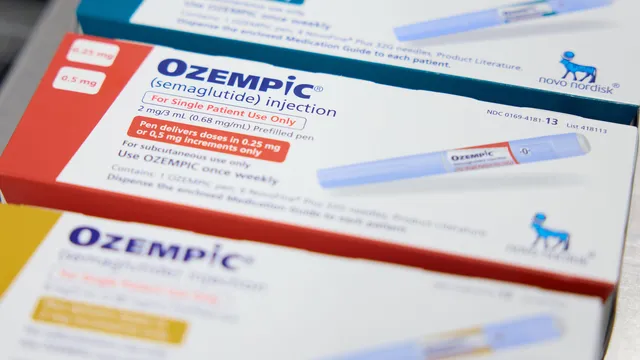Depression and anxiety can be transmitted from one spouse to another through kissing.
This is according to data from a study of newlyweds, reported in the journal Exploratory Research and Hypothesis in Medicine. Similar to the gut microbiome, our oral microbiome can affect our physical and mental health.
Studies have linked a disrupted oral microbiome to autism spectrum disorder, dementia, Parkinson's disease, schizophrenia, anxiety, and depression.
“Given that bacteria can be transmitted between spouses, this study aimed to investigate whether the transmission of the oral microbiome between newlyweds mediates symptoms of depression and anxiety,” the researchers explained.
Researchers from Iran, India, Italy, and the United Kingdom participated in the study, which first examined 1,740 couples for the presence or absence of insomnia.
Of these, 268 couples who had been married for the past six months and lived together were included in the study. One spouse was healthy, while the other had insomnia with anxiety and depression.
On the first and 180th day of the study, all participants had their oral microbiome composition and cortisol (stress hormone) levels in their saliva measured. Participants were asked not to change their basic eating habits, oral hygiene practices, or exercise routine during the study.
The researchers found that after six months of marriage to a partner with insomnia and characteristics of depression and anxiety, healthy spouses showed increased scores for depression and anxiety, as well as poorer sleep quality.
The changes were more pronounced in wives. While cortisol levels in saliva were significantly higher in spouses with insomnia, they found that healthy spouses also had elevated cortisol levels after six months, indicating physiological changes associated with stress. Interestingly, the researchers observed that the composition of bacteria found in the mouths of healthy spouses changed significantly, becoming increasingly similar to that of their affected partners.
“The transfer of oral microbiota between individuals in close contact, such as the couples in the present study, may mediate depression and anxiety,” the researchers said.
"We found that changes in the composition of the oral microbiota were associated with changes in the severity of insomnia, salivary cortisol levels, and depression and anxiety scores. Our findings are consistent with previous studies on salivary cortisol levels as well as depression and anxiety outcomes," they added.
The researchers argue that the transfer of oral microbiota between couples makes sense, given that other forms of physiological synchrony have been documented, including synchronized heartbeats and sleep coherence. They believe their findings have implications for holistic, personalized, and preventive medicine, particularly in the context of mental health treatment.
Some limitations of the study include the use of self-reporting to measure insomnia, depression, and anxiety; the measurement of cortisol levels in morning saliva only; and the inability of the researchers to control for shared lifestyle factors, such as diet. In addition, due to financial constraints, bacterial samples were collected only from the tonsils and pharynx, rather than the entire oral microbiome.
Nevertheless, the study raises some interesting questions for future research.
“Since this study is associative, further research is needed to determine whether this association is causal. If this association is indeed causal, it could have significant implications for contemporary research,” the researchers concluded. | BGNES

 Breaking news
Breaking news
 Europe
Europe
 Bulgaria
Bulgaria







